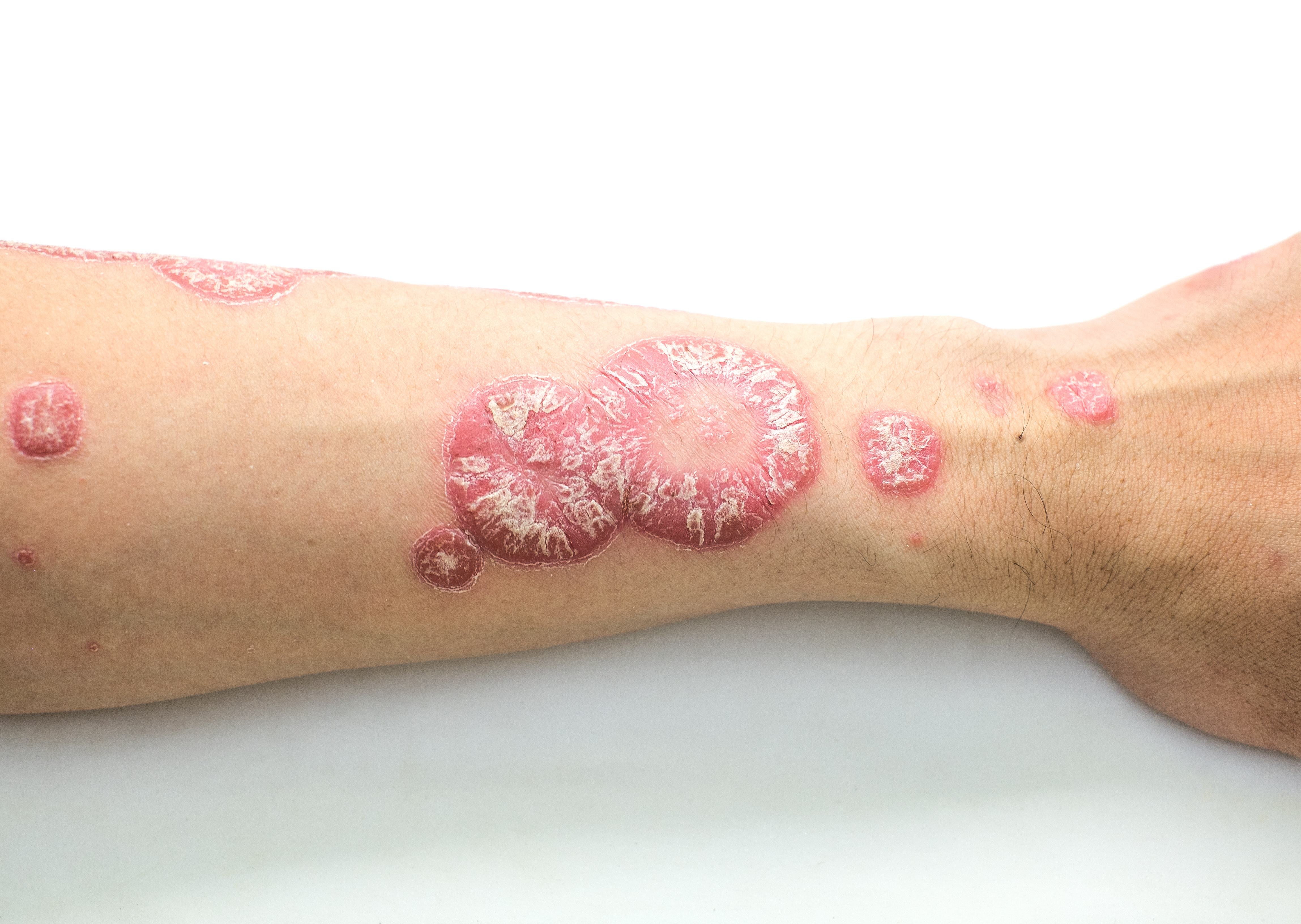
Somatic mutations in the keratinocytes are not associated with disease development and progression in patients with psoriasis, according to a recent study published by Olafsson et al in Nature Genetics. Researchers conducted whole-exome sequencing of 1,182 microbiopsies dissected from the lesional and nonlesional epidermis of 111 patients with psoriasis. They found that lesional skin was highly polyclonal and exhibited no evidence of the large-scale spread of clones carrying pathogenic mutations. Similarly, the mutation rate of keratinocytes was minimally affected by psoriasis. Further, the researchers only found evidence of positive selection in previously identified driver genes—including NOTCH1, NOTCH2, TP53, FAT1, and PPM1D—and were able to determine that mutations in the GXYLT1, CHEK2, ZFP36L2, and EEF1A1 genes may be selected for in squamous epithelium regardless of disease status. In a companion press release on the findings from the Wellcome Sanger Institute, the study authors concluded: “While our research did not find a gene where somatic mutations increase susceptibility to psoriasis, we … found that the way in which skin cells develop from stem cells is, reassuringly, unaltered by psoriasis.”